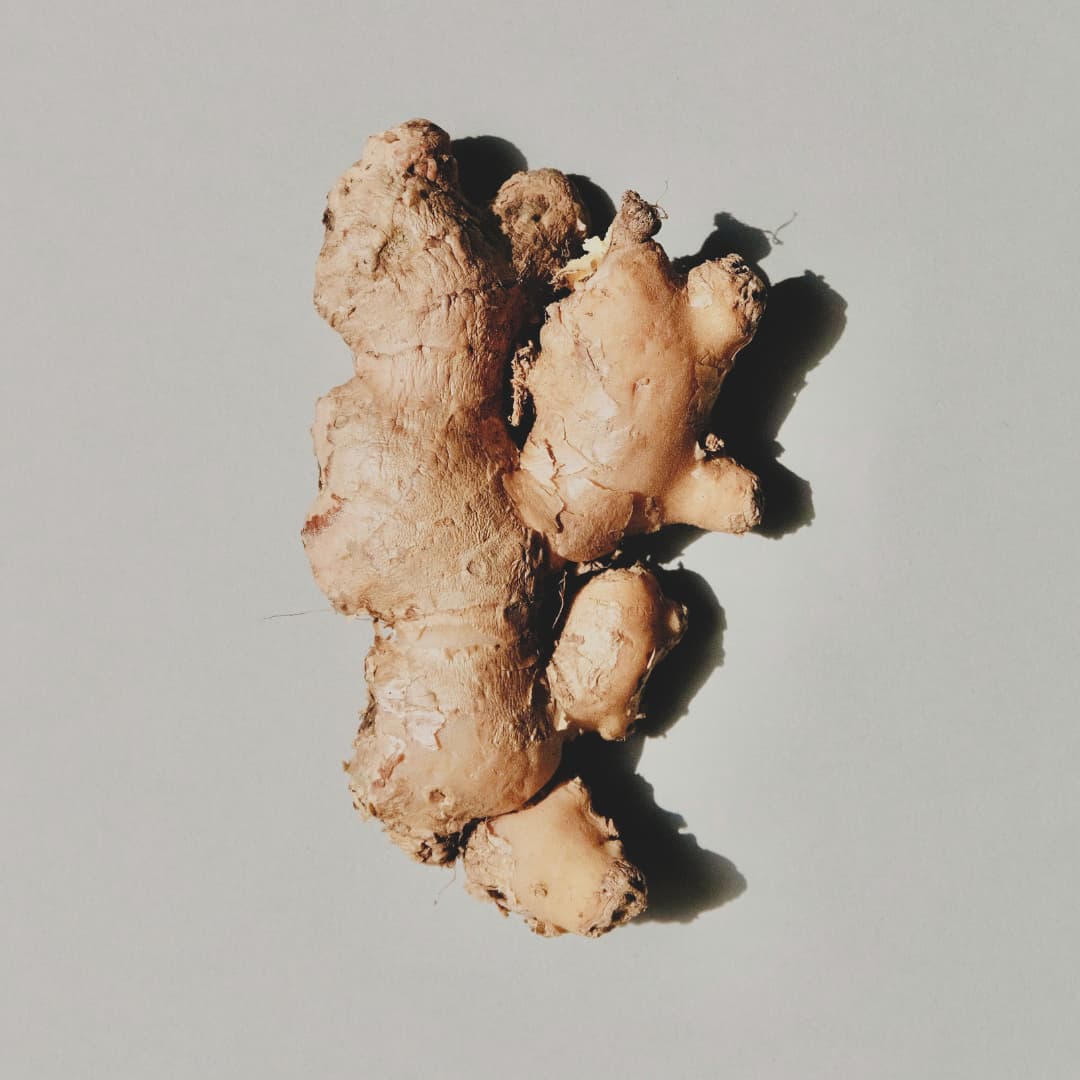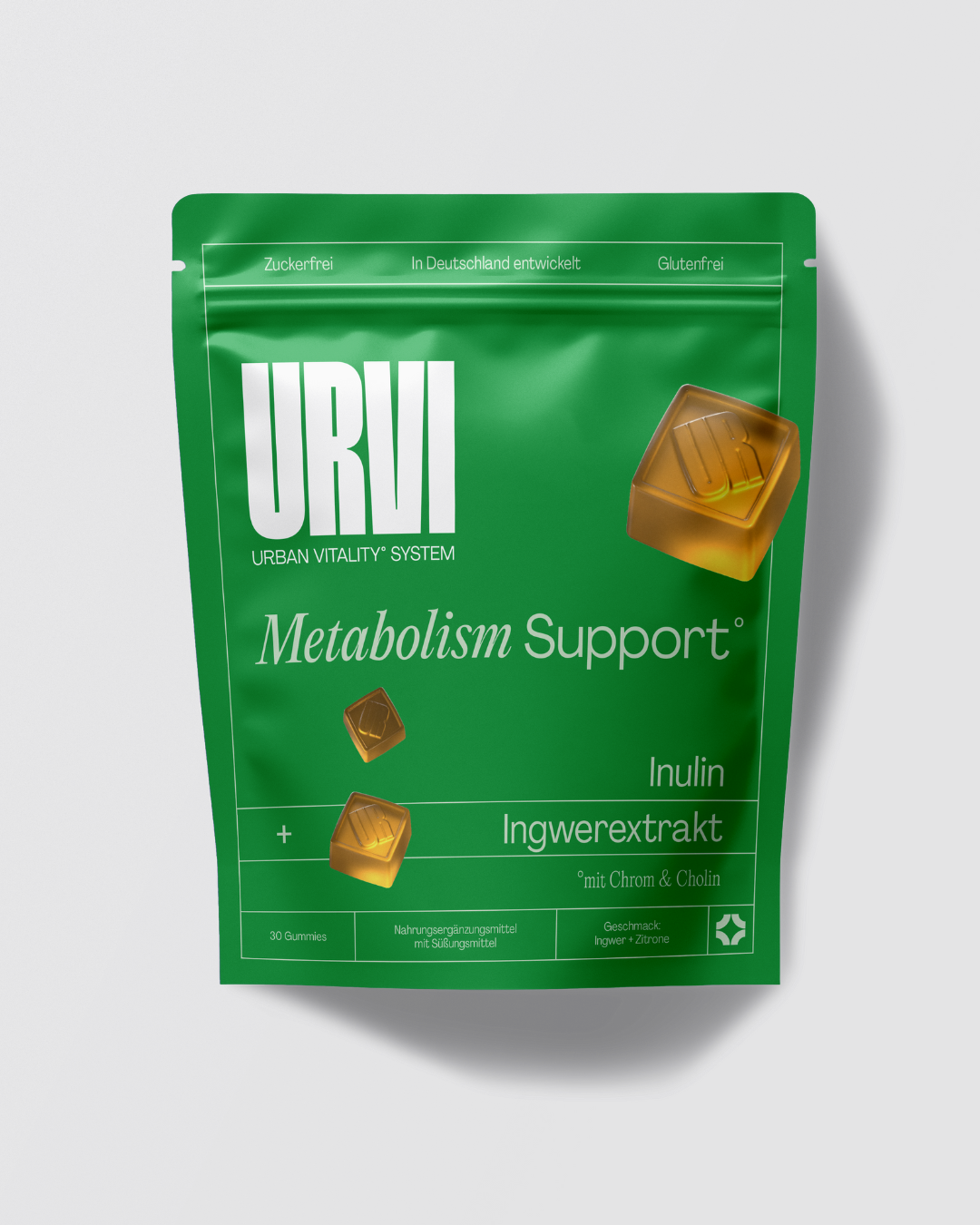Sources
Constantly bloated despite a healthy diet? These active ingredients make the difference


Why healthy foods can cause bloating
Combination of food and liquids


Cold drinks, carbon dioxide and caffeine
Stress affects the microbiome


Lack of sleep throws your digestive system out of sync
Inulin: The prebiotic for a stable intestinal flora


Ginger for flatulence, bloating and sluggish digestion
Chromium to support metabolism and blood sugar


Choline: Support for the liver and fat metabolism
Conclusion: Bloating is a microbiome problem
